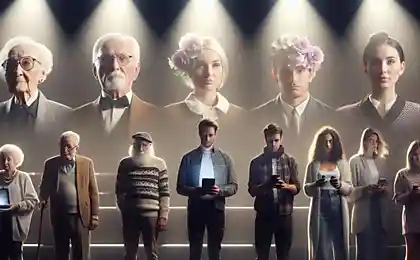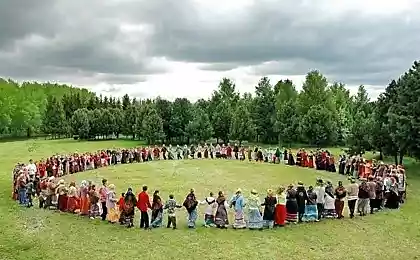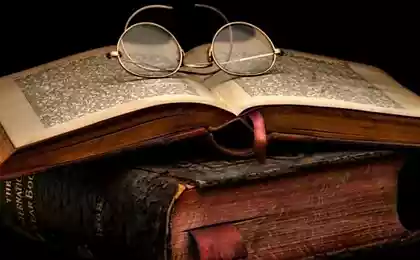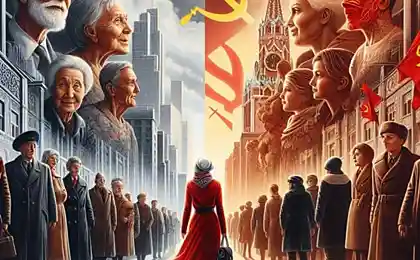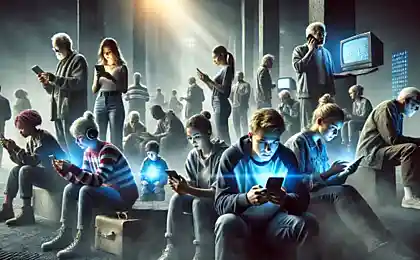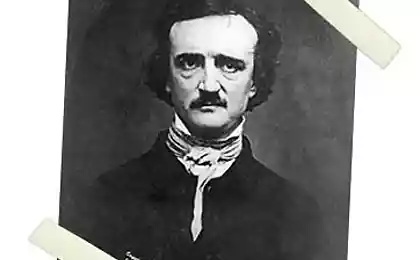164
The Voice of Generations: How Books Changed Society

When ink becomes a weapon
In 1852, a copy of Uncle Tom's Cabin was presented to Abraham Lincoln. The president reportedly chuckled: "So this little lady started a big war?" The story is apocryphal, but the fact remains: the Beecher Stowe novel has become knocker abolitionist movement. According to the Harvard Historical Review, the circulation of the book in the XIX century was second only to the Bible. But how do texts become social weapons?
Top 5 books of revolutionaries
1. "1984" by George Orwell (1949)
He created a language to describe totalitarianism: "Big Brother", "newspeak", "thought crime". According to a study by Oxford University Press, sales of the novel soared by 9500% after the scandals with digital surveillance in 2013-2022.
3. The Second Sex by Simone de Beauvoir (1949)
The phrase “A woman is not born, she is made” has reformatted gender discourse. By 1970, it had become the bible of second-wave feminism.

Mechanics of Cultural Explosion
Professor of Literary Studies Emilia Gross (Sorbonne) identifies three components of the book phenomenon:
- Symbolic language: metaphors that become memes
- Emotional resonance – identification with heroes
- Social Trigger – Connection to Current Crisis
J. Pettigrew, Books as Social Architects.
The Digital Age: The New Rules of the Game

According to a Pew Research Center report (2023), 65% of young people perceive books through the prism of social networks. A talk talk talk talker with 10 million subscribers can make a bestseller in a week a forgotten manifesto of the 1920s. But does old magic work?
Case: The Cyborg Manifesto by Donna Haraway
The 1985 essay took a second life in the 2020s as a meme about the fusion of human and AI. The hashtag #CyborgManifesto has racked up 2.3 billion views on TikTok, sparking a debate about bioethics.
The Future of Literature: Predictions vs Reality
PredictionFactSourceElectronic Books Will Kill PaperSalesPrintbooksGrow 4th consecutive year (AAP, 2023)Association of American PublishersAI Will Replace Writers87% of Readers Appreciate ‘Human Experience’ in Texts (Goodreads)Goodreads Survey 2024
Conclusion: An Endless History of Influence
From clay tablets to neural interfaces - books remain DNA of civilization. As Umberto Eco said, “Literature is a time machine that works both ways.” It not only fixes an epoch, but also provides templates for future revolutions. The big question of the twenty-first century is: can we preserve the magic of text in the 15-second era? History, as always, will judge.
Culture Shock: Why We Get Lost in a New Environment
Why we dream the future: the secrets of lucid dreams
